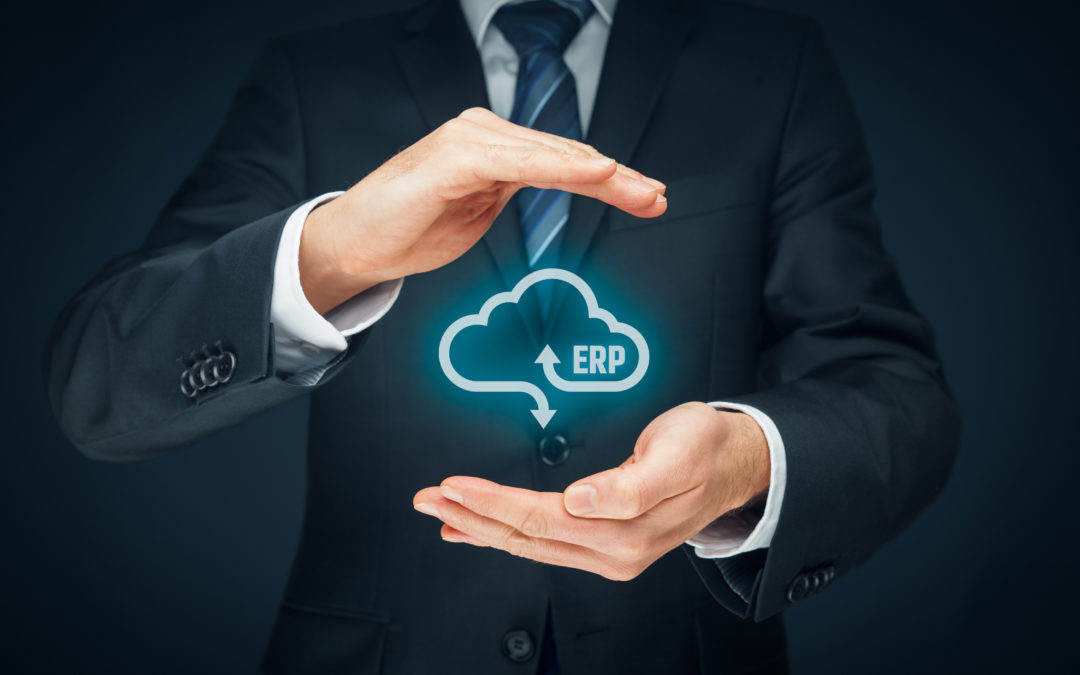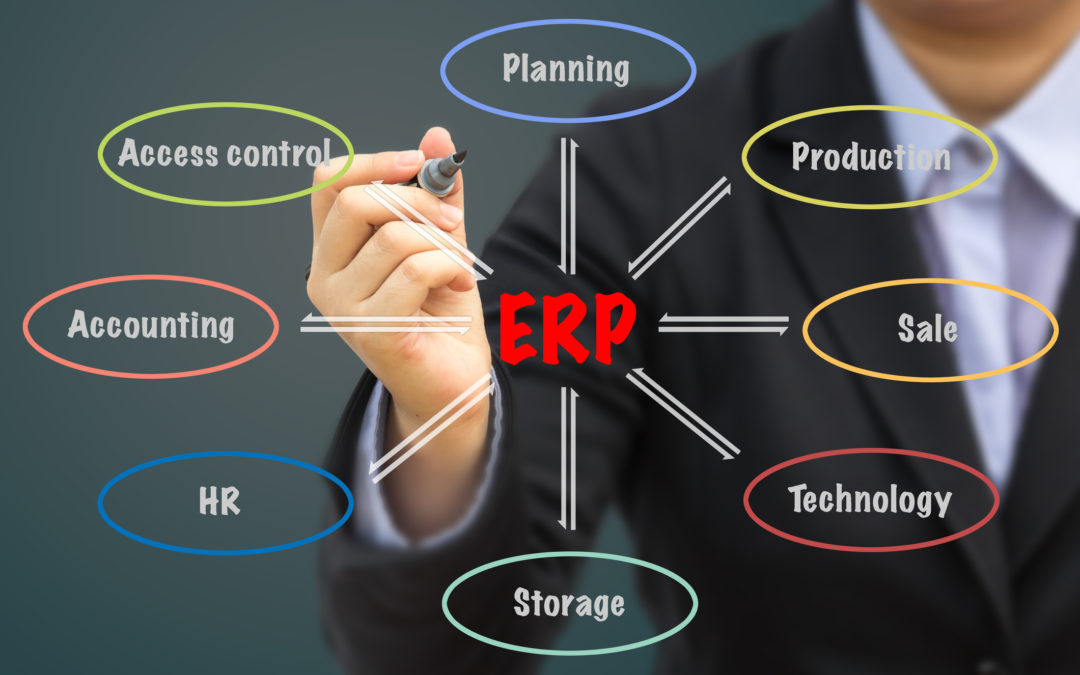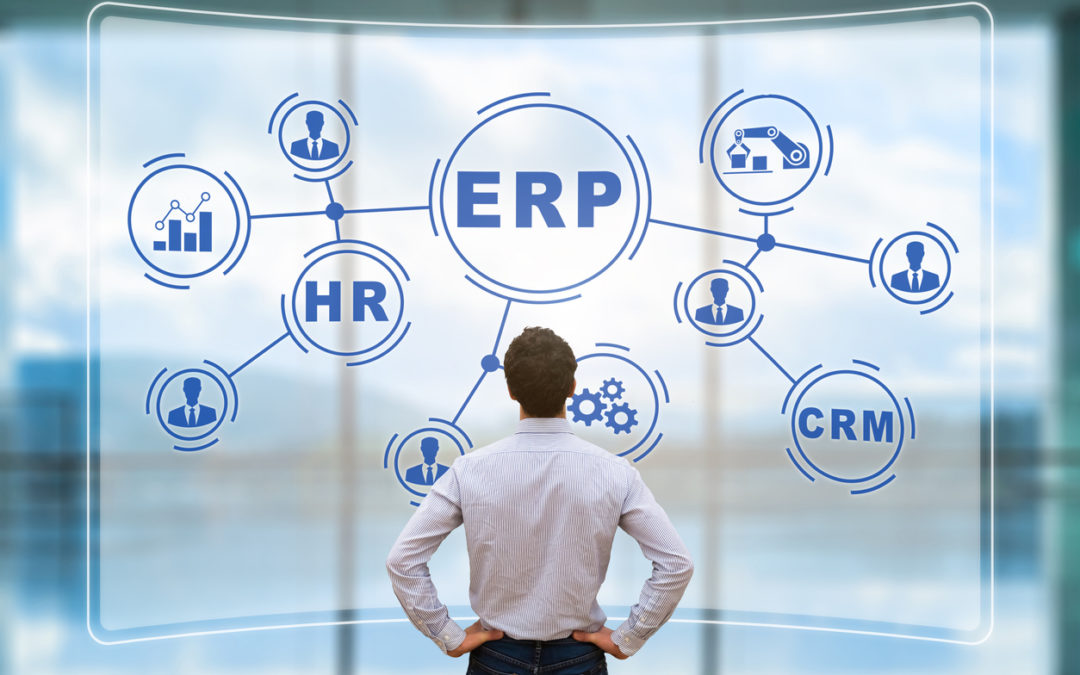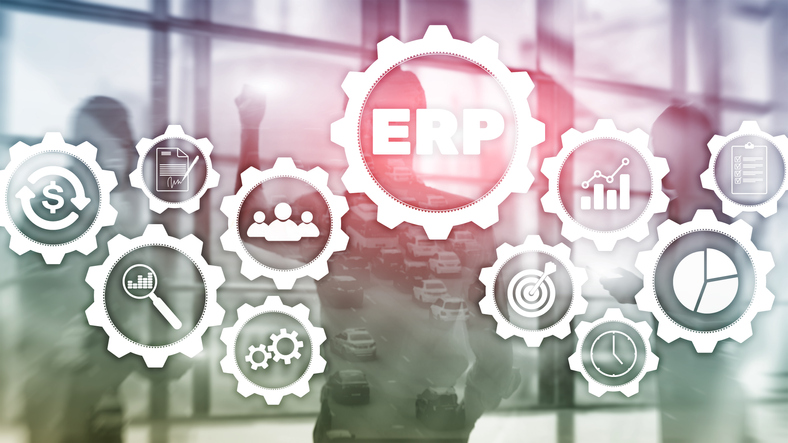
Cloud vs On Premise ERP
In-House Hosting Compared to Cloud-Based Hosting
When you hear about Cloud vs on premise ERP hosting, the conversation is about the server infrastructure on which your software applications run, and your data is stored. Both on premise (or in-house) and cloud-based options have benefits and downsides, so choosing between the two often comes down to costs, how much uptime you need, and the other specific needs of your company at this time.
What is In-House Hosting and Cloud-Based Hosting?
In-house hosting means that you house your infrastructure on-premises at your company. You have absolute control over your data, including how it is protected. Cloud-based hosting involves having your applications and data stored on a public or private cloud that is accessible to you over the internet.
The Benefits & Challenges In-House Hosting
Pros:
- Physical control over your data and backup
- Access to your data is not reliant on an internet connection
Cons:
- Requires an investment in hardware and infrastructure, which depreciates rapidly — often within about four years
- Requires dedicated space at your business, as well as a dedicated IT support team
- Disaster recovery is difficult and there are no guarantees that your data can be recovered
The Benefits & Challenges of Cloud ERP
Pros:
- A great option for small to medium-sized businesses who cannot afford the large investment needed to develop, maintain, and secure their data
- Scalable, meaning that your solution grows along with your business
- Backup, security, restoration, and support are all provided for you
- You can back up your data as often as you’d like
- You can access your data anywhere you are, as long as you have an internet connection
Cons:
- You can’t access your data without an internet connection
- You’re limited by internet speeds
- Although your data is backed up, restoring large amounts of data may take some time, even with a fast internet connection
In Conclusion
When it comes to Cloud vs on premise ERP, there are good and bad points to either option. Cloud-based hosting is a good alternative for small to medium-sized businesses who wish to focus on all of the services that make the business great while resting in the knowledge that the data is monitored and secure. Cloud solutions remove the need to focus attention, time, money, and staff resources on building and maintaining your own personal data center that may “feel” safe, but actually comes with no guarantees.
For more information on our Cloud based hosting services – contact EstesGroup today.



 If you asked your IT personnel what the advantages of implementing an Enterprise Resource Planning (ERP) system, in all likelihood, they’d tell you that it could be revolutionary or absolutely destructive depending on their past experiences. The key to making it revolutionary revolves around partnering with experienced
If you asked your IT personnel what the advantages of implementing an Enterprise Resource Planning (ERP) system, in all likelihood, they’d tell you that it could be revolutionary or absolutely destructive depending on their past experiences. The key to making it revolutionary revolves around partnering with experienced  Work is no longer just something that takes place in an office. Today, people are working while on vacation. They’re working from home. They’re working anywhere that life takes them. The Epicor ERP system is mobile-friendly, meaning that you and your employees are able to access important information and continue to contribute in even the most remote places in the world (so long as they have an internet connection, that is).
Work is no longer just something that takes place in an office. Today, people are working while on vacation. They’re working from home. They’re working anywhere that life takes them. The Epicor ERP system is mobile-friendly, meaning that you and your employees are able to access important information and continue to contribute in even the most remote places in the world (so long as they have an internet connection, that is).